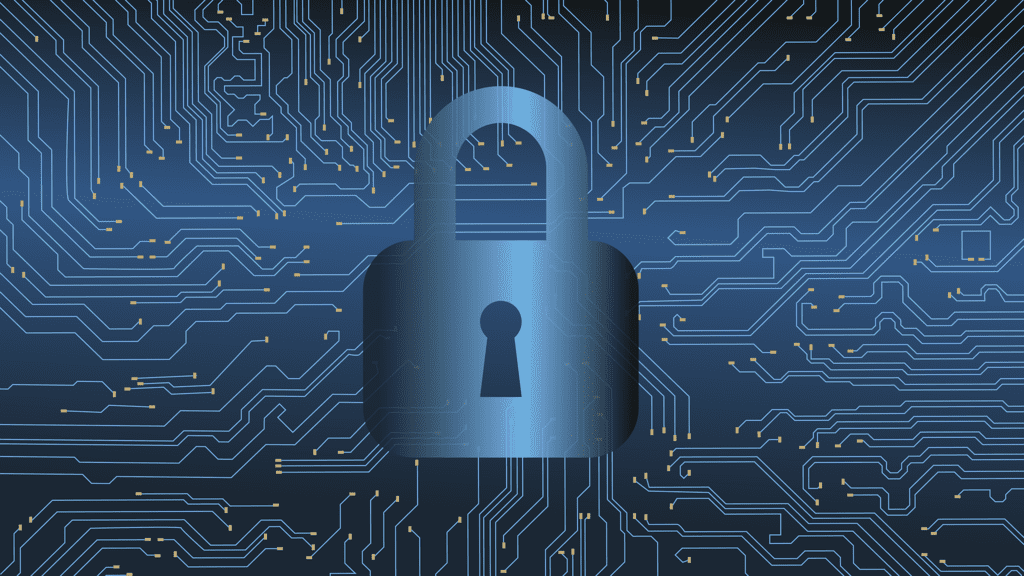Regardless of the types of charges, the usual strategy for defense is lack of participation and authorization.
Criminal activities are an integral part of human development and progress. As our lives have evolved by embracing technology, which has become an integral part of our lives in every sphere, cybercrimes have increased. As dependence on computers and other gadgets is rising at an incredible pace, so also are the activities of cybercriminals who deploy new technologies to breach systems for stealing personal information and business data. There has been a massive increase in cybercrimes, which has intensified. The people of Florida must first understand what is a cyber crime in Florida and then engage a criminal law expert in cybercrimes to seek a remedy. Only a skilled criminal lawyer can help define the nature of crime by assessing each case separately.
What constitutes a cybercrime?
- Hacking is the most common type of cybercrime, which constitutes gaining unlawful access to some other computer system or network with the motive of stealing data. Phishing is another form of cyber intrusion to illegally gain access to financial information and includes bank fraud and credit card fraud.
- Another type of cybercrime is data theft of all kinds, including Intellectual Property theft. It can extend up to corporate espionage that steals sensitive business related information and data, including business plans and project details, classified information for organizations, and far-reaching commercial implications.
- Ransomware or cyber extortion is a common cybercrime where criminals hold some network or systems hostage and release it only on fulfilling their monetary demands.
- Transmitting materials on the internet that are harmful to minors, including cyberbullying, cyberstalking, sexting, video voyeurism, and uploading materials of child pornography, come within the ambit of cybercrimes.
Many of the charges are serious enough to earn jail time.
The ramifications of cybercrimes
The law enforcement agencies pursue cybercrimes very actively that mostly lead to felony charges of Third Degree. But if the victims suffer heavy losses of property, reputation, etc., the charges are more severe and elevated to Second Degree. You could face five years jail term if charged with any crime of Third Degree along with probation for five years and a fine of $5,000. The most concerning aspect of cybercrime is that its complexities may end in framing multiple charges, which could only complicate matters.
Defenses against allegations of cybercrime
The lawyer would make all attempts to defend you effectively when charged with cybercrime. Regardless of the types of charges, the usual strategy for defense is lack of participation and authorization. The latter means that someone had authorized you to carry out a specific task on the system, and there was neither any criminal intention nor illegal activity involved in it.
It can be challenging to prove the rights to a network. Still, a reasonable and experienced attorney can mount a good defense by using the skills of deft documentation to capture the crimes correctly. The lawyer gathers all relevant information to build a strong case to defend you and prove your lack of participation in the case that nullifies the charges brought against you.


Join the conversation!